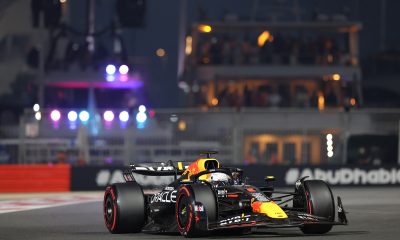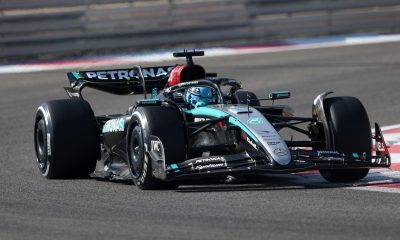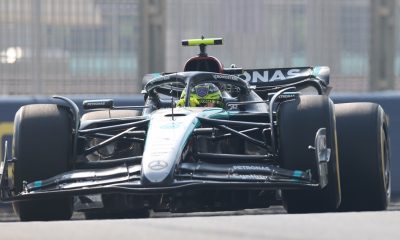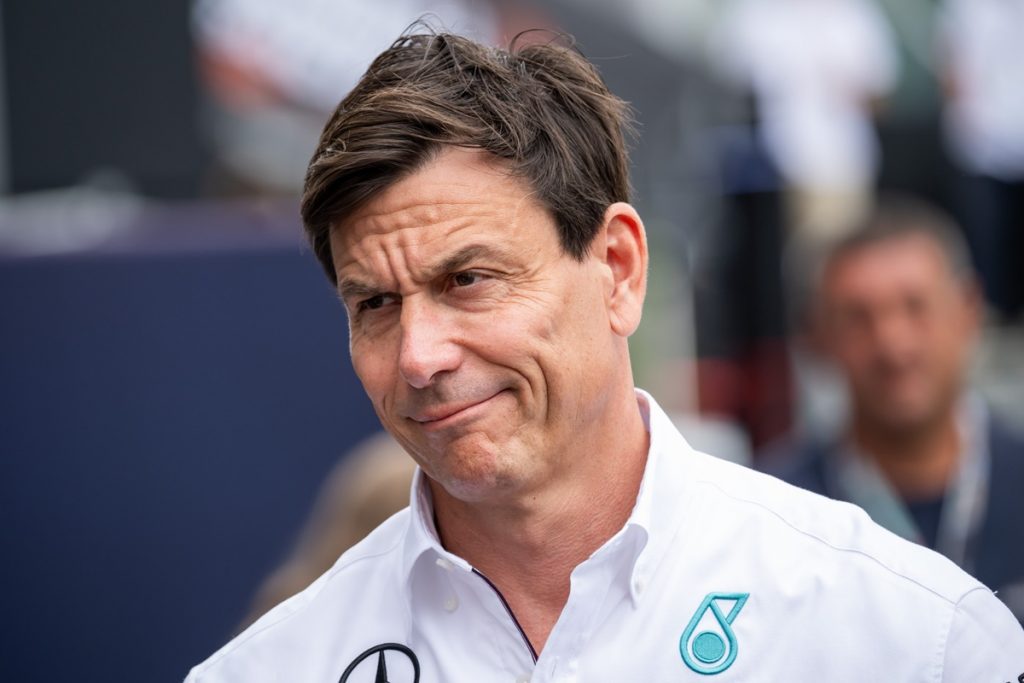While acknowledging Red Bull’s commitment, Wolff believes RBP has a “Mount Everest to climb” and that the “odds are against” them.
The decision to establish RBP came after a partnership with Honda ended, followed by a failed deal with Porsche. Former Red Bull CEO Christian Horner then decided the team would produce its own power units.
They have since recruited and invested heavily in the new entity, which is based at Red Bull’s Milton Keynes campus and has Ford as a technical partner.
RBP is one of two new manufacturers, alongside Audi, joining under the 2026 regulations. These rules will see the removal of the expensive and complex MGU-H unit and a greater emphasis on electric energy from the MGU-K system.
Despite the heavy investment and Ford’s involvement, few observers expect RBP’s in-house engines to match the performance of established powerhouses like Mercedes and Ferrari in their inaugural year. However, Wolff remains cautious, stating he won’t underestimate their long-term potential.
“My first answer would be that’s Mount Everest to climb, because our engine departments have grown over tens of years,” Wolff said.
“Having said that, you can never underestimate anyone in this sport that has the firepower to build something from scratch with new ideas coming in, maybe different ways of thinking in terms of innovation and come out with a product that can be a surprise.
“The odds are against them, but it could be that for whatever reason it flies.
“And even if it doesn’t, our engine regulations state today that if you’re outside of two percent [three percent – ed] to the best power unit you have more dyno allocation. You can dig yourself out, but obviously that doesn’t happen over a race or two and doesn’t happen over a season. It needs a while to readjust itself.
“But it’s certainly a huge, huge challenge that they’ve given themselves by doing their own engine. But remember when they took the chassis team over, everybody joked that an energy drink company is trying to compete with Ferrari, Mercedes and McLaren in Formula 1. And they won at the end, so maybe we talk differently in five years.”
The FIA has plans to mitigate potential performance disparities, introducing a “safety net” to prevent one manufacturer from dominating. This measure aims to give those who are significantly behind “headroom to catch up,” a system that could prove beneficial to RBP in their early years.

























